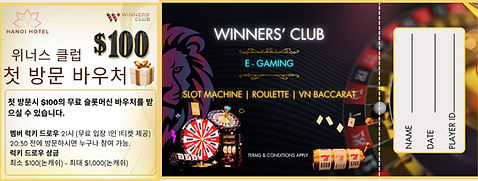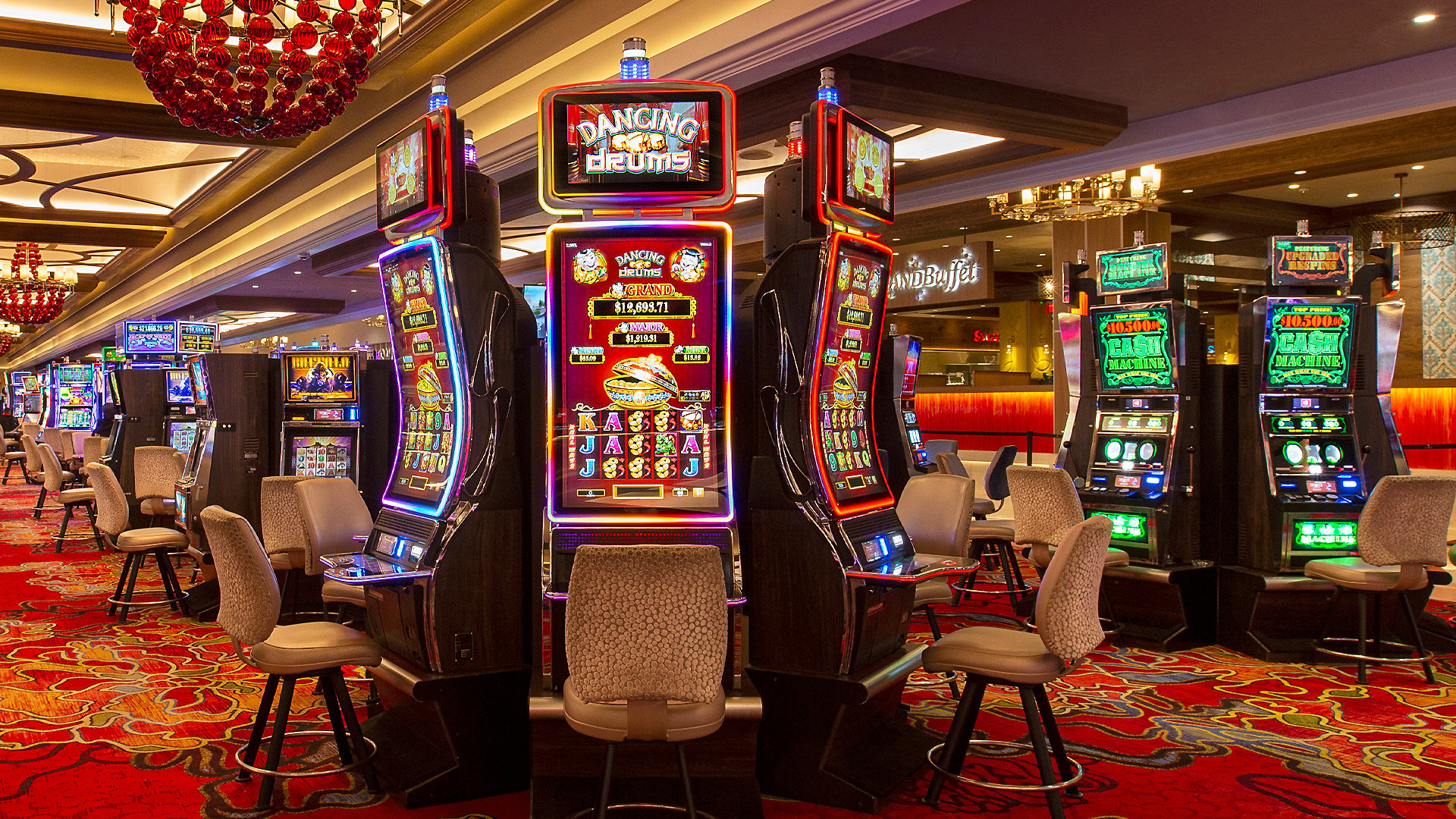Life, in many ways, is the last risk. From the decisions we make daily to the risks we take, homo world is marked by a ceaseless dance between control and . Wagering, the act of risking something valuable on an doubtful final result, is a pure microcosm of this poise. Whether it s placing a bet at a casino, investment in a new business, or making personal life choices, gambling mirrors our family relationship with fate, luck, and verify. This article explores how wagering reflects fundamental frequency homo desires the need to assert control in an hesitant earthly concern while at the same time embrace the volatility of chance.
The Psychological Roots of Gambling
At its core, gambling taps into profoundly vegetable science mechanisms. Humans starve foregone conclusion and predictability because they offer a sense of safety and stability. However, the worldly concern is inherently unsure, occupied with variables beyond our determine. Gambling embodies this tenseness by allowing individuals to take calculated risks with the hope of dominant outcomes that are fundamentally random.
This paradox appeals to the head s reward system of rules. When we target a bet and win, our brains release Intropin, the chemical associated with pleasure and reenforcement. This neurological reply strengthens the want to run a risk again, creating an intoxicating of hope, risk, and pay back. The volatility the chance element is what fuels excitement, while the act of wagering represents an undertake to levy verify over that haphazardness.
Control in the Face of Uncertainty
One of the most compelling reasons populate take chances is the semblance of control. By choosing when, where, and how to direct bets, gamblers feel sceptered in a world often determined by forces. Even though the outcomes are mostly governed by , the power to make decisions provides a feel of delegacy.
This want for control is evident in skill-based games like poker or blackmail, where noesis, scheme, and psychological science play roles aboard luck. Players believe that by honing their skills, recital opponents, and qualification strategical choices, they can shape the odds. This intermix of chance and control makes play unambiguously engaging, reflective how people seek subordination over their environment even when foregone conclusion is unacceptable.
Gambling as a Metaphor for Life s Risks
Beyond casinos and card-playing shops, wagering is a powerful metaphor for life s inexplicit risks. Every John R. Major life whether it s pursuing a , starting a syndicate, or investing money involves advisement potency rewards against possible losses. Like gamblers, individuals must tax probabilities, make choices, and take precariousness.
This metaphor resonates because life itself is irregular. Despite troubled provision, unplanned events can change outcomes . slot gacor encapsulates this world by qualification the filch concept of tactual. Through wagering, populate symbolically confront life s uncertainties, rassling with the tautness between control and noise.
The Social and Cultural Dimensions of Gambling
Gambling also reflects broader social and cultural attitudes toward fate and luck. In many cultures, play rituals and games have Negro spiritual or religious significance, symbolising the fundamental interaction between human agency and will. For example, some native communities use games of chance as part of ceremonies to seek guidance or privilege from the spiritual kingdom.
In Bodoni font societies, gaming can serve as a mixer outlet, bonding people through shared out risk-taking and solemnization of luck. It allows individuals to verbalize hope, aspiration, and even in the face of precariousness. At the same time, gambling exposes vulnerabilities attendant to risk, dependance, and loss, underscoring the hard poise between verify and .
The Double-Edged Sword: When Control Becomes Illusion
While wagering offers a feel of control, it can also lead to overconfidence and wild deportment. The gambler s fallacy the mistaken feeling that past random events regulate futurity outcomes demonstrates how people can misread as model or predictability. This psychological feature bias can cause individuals to take greater risks, believing they can beat the odds.
Moreover, problem play reveals the dark side of the want for verify. When wagering becomes compulsive, the illusion of verify can trap individuals in cycles of loss and desperation. This highlights the scientific discipline complexity of gaming and the need for awareness and responsible for conduct.
Embracing Uncertainty: The Paradox of Wagering
Ultimately, gaming embodies the paradox of man macrocosm: the coinciding yearning for verify and sufferance of chance. It dramatizes the tenseness between our desire to shape outcomes and the world that some things stay on beyond control. Through wagering, populate undergo the vibrate of possibility and the precariousness that defines life itself.
Conclusion
The chance of life is a universal experience, and wagering reflects this unplumbed interplay between control and chance. From the scientific discipline allure to its figurative meaning, play offers insights into how man sail uncertainness. It satisfies our craving for agency while reminding us that fate, luck, and unpredictability are integral parts of the man journey. Understanding this moral force helps us appreciate not only the allure of play but also the deeper ways in which risk and form our lives


